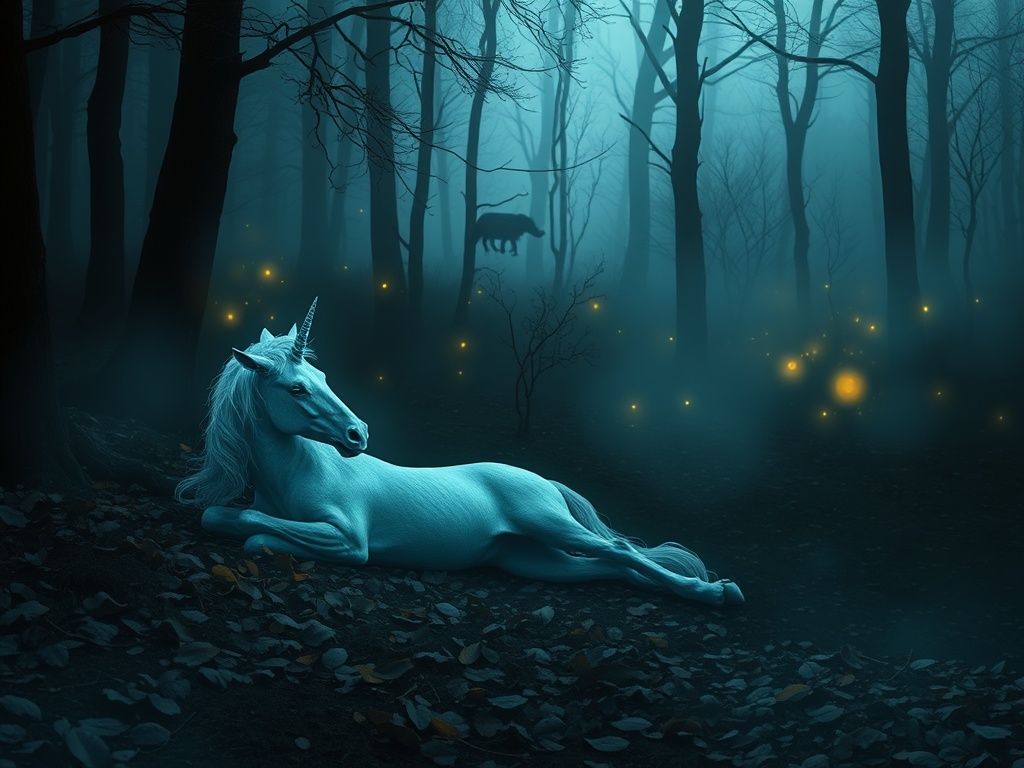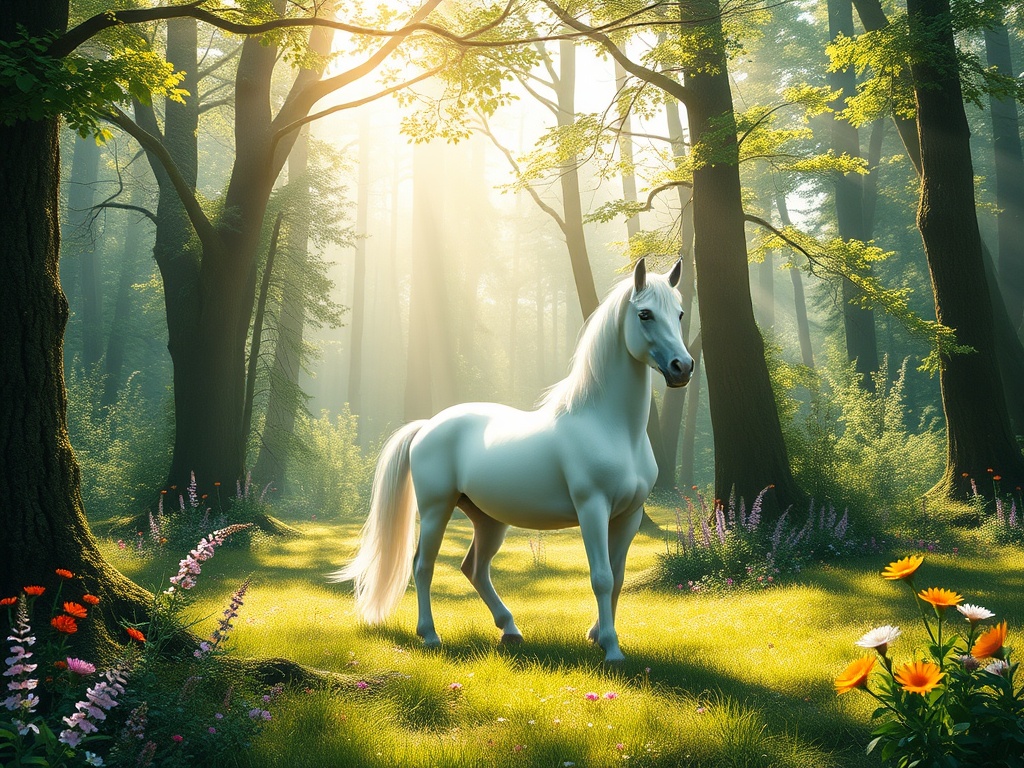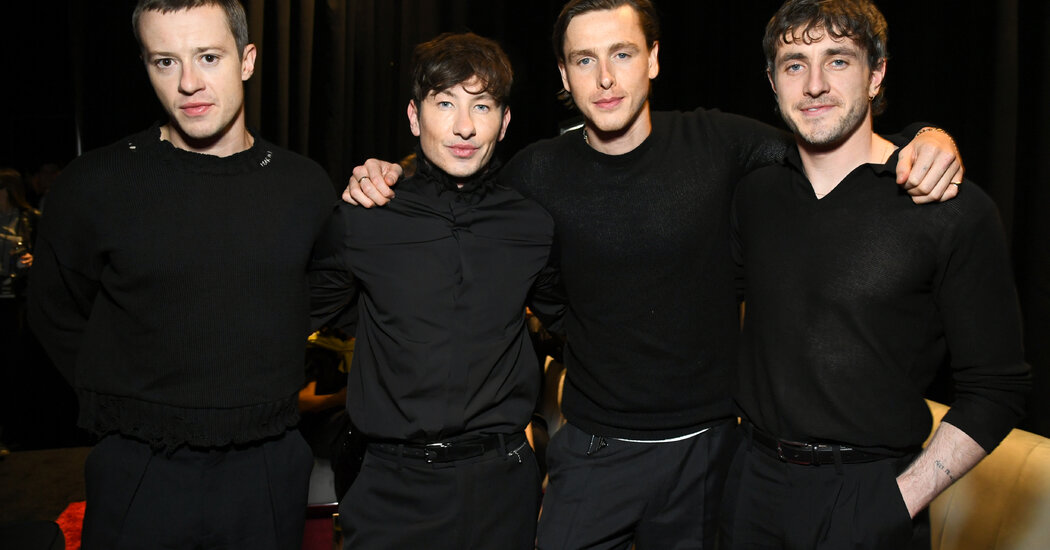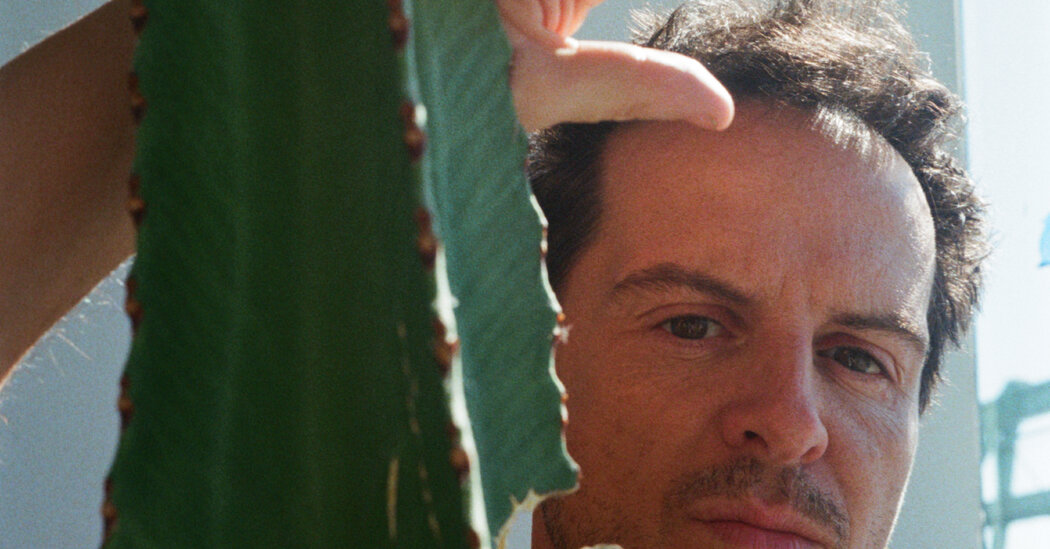Exploring the Whimsical World of “Death of a Unicorn”

There’s truly no need to worry about spoiling “Death of a Unicorn,” a delightfully absurd film that revels in its own nonsensical charm and playfulness. The movie mixes tender parent-child moments with sharp critiques of the affluent, all while subtly addressing environmental themes. Yet, at its core, it remains a lighthearted romp, fully aware of its own ridiculousness, despite the grandeur of its mystical setting, which draws inspiration from a rich tapestry of sources including the King James Bible, illuminated manuscripts, medieval tapestries, fantasy literature, pop culture, children’s playrooms, and even Ridley Scott films—specifically, “Blade Runner” and “Legend.” In the end, it almost becomes a casualty on a secluded Canadian highway.
The story kicks off with Elliot (played by Paul Rudd), who finds himself behind the wheel, engaged in a frantic conversation with his visibly discontent daughter, Ridley (portrayed by Jenna Ortega). Their journey takes a chaotic turn when Elliot accidentally collides with something substantial on the road, sending their rental car into a spin. They are heading to his boss’s isolated family estate, where Elliot hopes to resolve some urgent business matters that could secure a brighter future for both him and Ridley. The film delicately navigates their loving yet grief-stricken relationship, as the specter of Ridley’s deceased mother looms over them, influencing Elliot’s relentless ambition and Ridley’s pervasive sadness. This emotional backdrop flickers in and out amidst the film’s comedy, slapstick humor, and chaotic escapades involving scheming, negotiations, gunfire, and fantastical monsters—some of which are bipedal while others have four legs.
What unfolds next is a high-concept, middlebrow, and low-stakes comedy that tackles the divide between the wealthy and the not-so-wealthy. It serves as an exaggerated elevator pitch—essentially a warning to be wary of unicorns, and perhaps, very wary indeed—stretched into a feature-length adventure. The premise is a delightful blend of familiar tropes (the folly of the rich, the horror posed by strangers) interspersed with mythological elements, contemporary headlines, and cinematic references. Writer-director Alex Scharfman draws on visual and thematic motifs from the renowned unicorn tapestries housed at the Cloisters, the medieval wing of The Metropolitan Museum of Art, and it’s clear he’s been inspired by nerve-wracking classics like “Alien.” In interviews, Scharfman has also indicated that the Sackler family, known for their long-standing ownership of Purdue Pharma, has influenced his narrative.
The plot truly kicks into gear once the titular unicorn meets an unfortunate fate. Much of the ensuing chaos takes place within the confines of the boss’s extravagantly opulent lodge—a castle-like fortress nestled deep in the wilderness, heavily guarded. Here, Elliot and Ridley arrive with a seemingly lifeless unicorn in their vehicle, which soon reveals itself to be very much alive. As the narrative unfolds, a series of comedic antics ensue, showcasing a level of frantic silliness reminiscent of classic duos like Abbott and Costello. Rudd and Ortega’s characters soon find themselves embroiled in a whirlwind of mischief alongside an impressive ensemble cast, featuring the incomparable Richard E. Grant as Odell Leopold, the patriarch of the family whose nefarious intentions become clear the moment it’s revealed that their lineage is tied to a powerful pharmaceutical empire.




